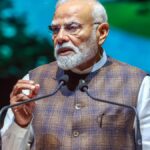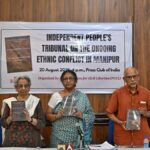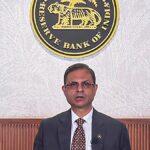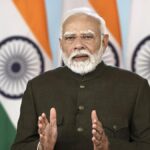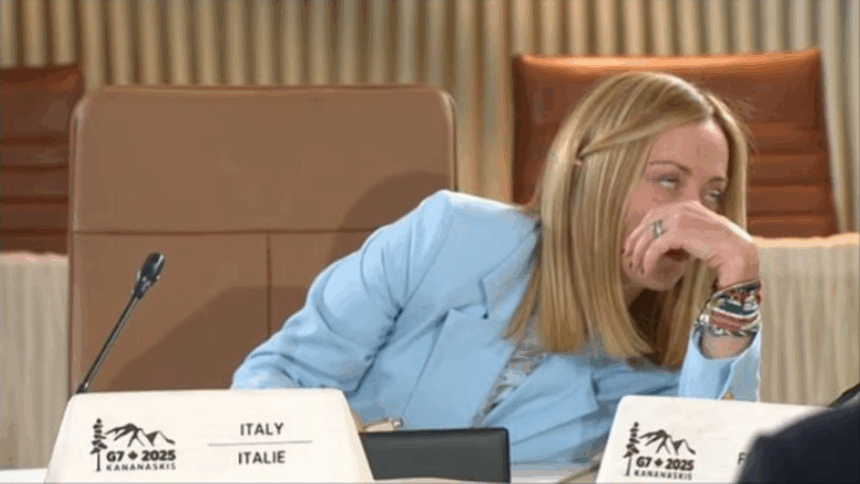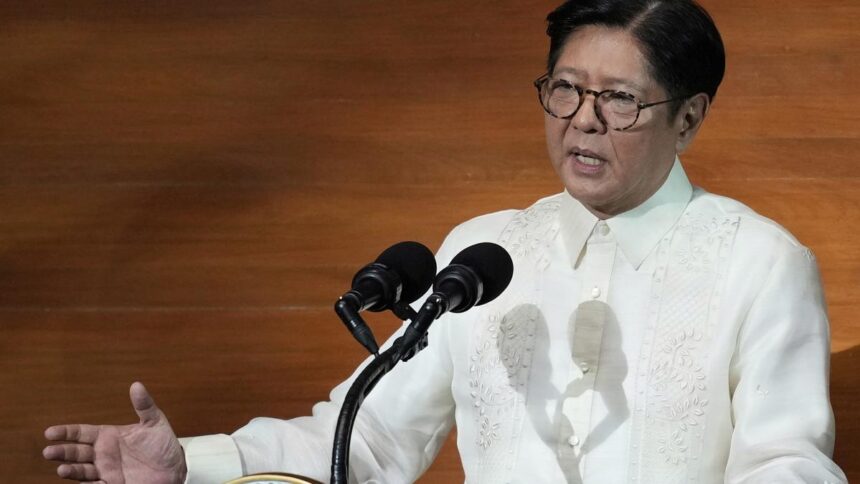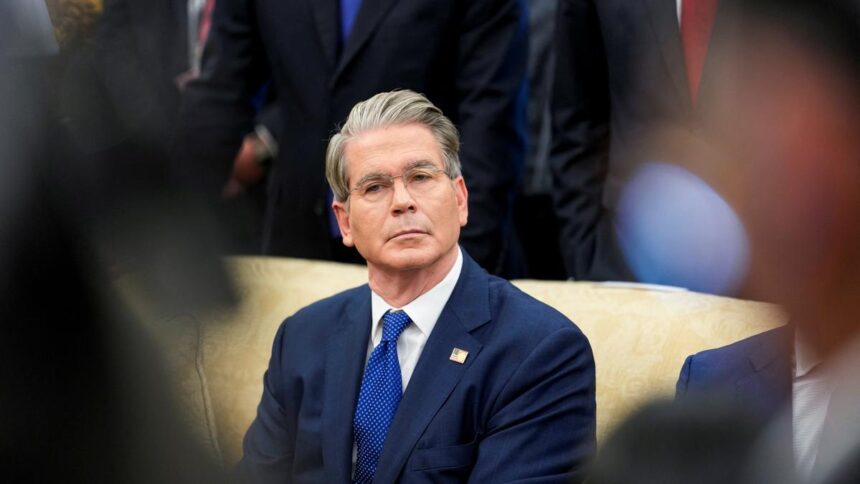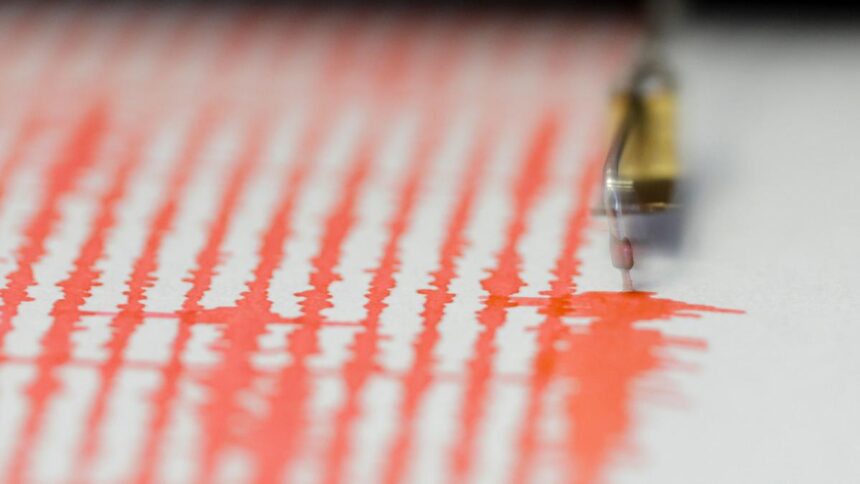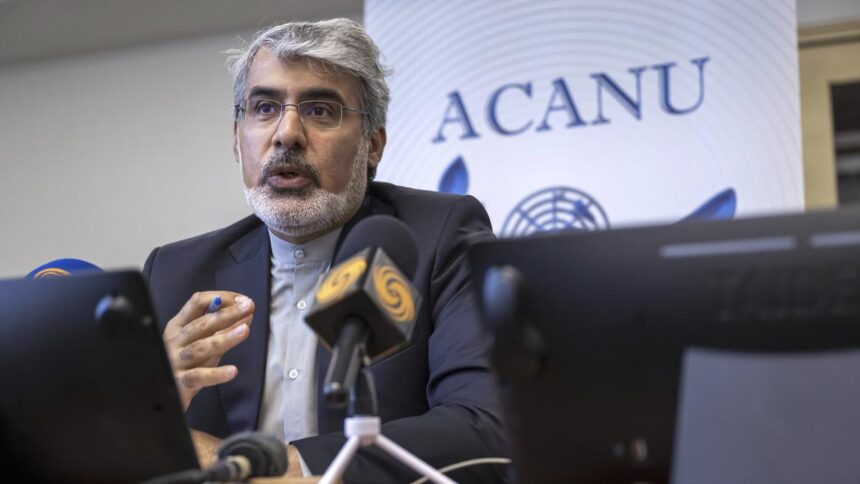
Israeli Prime Minister Benjamin Netanyahu speaks during a press conference, in Jerusalem, May 21, 2025. File
| Photo Credit: Reuters
Prime Minister Anthony Albanese on Wednesday (August 20, 2025) brushed off accusations from his Israeli counterpart Benjamin Netanyahu that the Australian leader is a “weak politician who had betrayed Israel” by recognising a Palestinian state.
Mr. Netanyahu’s extraordinary public rebuke came after an August 11 announcement by Mr. Albanese that his government’s recognition of a Palestinian state will be formalised at the United Nations General Assembly in September. The announcement was followed by tit-for-tat cancellations of Australian and Israeli visas.

“History will remember Mr. Albanese for what he is: A weak politician who betrayed Israel and abandoned Australia’s Jews,” Mr. Netanyahu posted on social media Tuesday (August 19, 2025).
Mr. Albanese responded pointedly on Wednesday: “I treat leaders of other countries with respect. I engage with them in a diplomatic way.” “I don’t take these things personally,” Mr. Albanese said. “Increasingly there is global concern and global concern because people want to see an end to the cycle of violence that we have seen for far too long. That is what Australians want to see as well.” Australian Home Affairs Minister Tony Burke further inflamed Israel’s anger on Monday (August 18, 2025) by cancelling the visa of far-right Israeli lawmaker Simcha Rothman, a member of Mr. Netanyahu’s coalition, who planned an Australian speaking tour.
Mr. Rothman is a member of the Religious Zionism party, which supports continuation of the war, the mass relocation of Palestinians through what it describes as voluntary migration and the reestablishment of Jewish settlements in Gaza.
Mr. Burke on Wednesday accused Mr. Netanyahu of “lashing out” against Australia as he had done against Britain, Canada, France, Ireland, Norway and Spain over recognition of a Palestinian state. Mr. Burke denied Mr. Albanese was weak.
“Strength is not measured by how many people you can blow up or how many children you can leave hungry,” Mr. Burke told Australian Broadcasting Corp.
Israeli Foreign Minister Gideon Saar retaliated on Monday for Mr. Rothman’s treatment by revoking visas of Australian representatives to the Palestinian Authority. Mr. Saar also told the Israeli Embassy in Australia to “carefully examine” any official visa applications from Australia to Israel.
Australian Foreign Minister Penny Wong responded by accusing the Netanyahu government of isolating Israel.
Alex Ryvchin, co-chief executive officer of the Executive Council of Australian Jewry, the nation’s peak advocacy group, said the Jewish community was “profoundly disturbed and concerned by the rapidly deteriorating state of relations” between the two countries.

Australian Jews did not feel “abandoned” by the Albanese government, rejecting Mr. Netanyahu’s accusation, Mr. Ryvchin said.
“When allies speak, they should speak frankly, robustly, but also in a dignified way, and I think firing off tweets which contain elements of abuse to them,” Mr. Ryvchin said. “I don’t think that’s the way to operate.” Australia is an increasingly multicultural country where more than half the population was born overseas or has at least one foreign parent.
There is widespread community concern over the Israel-Hamas war, indicated by tens of thousands of pro-Palestinian demonstrators marching over the Sydney Harbor Bridge earlier this month.
Antisemitism has reached unprecedented levels across Australia, which the government acknowledged last year by appointing the nation’s first Special Envoy to Combat Antisemitism, Sydney lawyer Jillian Segal.
Australia’s conservative Opposition party has pledged to reverse Australia’s recognition of Palestine if it wins the next election, which is due in 2028.
The worsening bilateral relationship with Israel was spilling over into Australia’s relationship with the United States, an important ally that doesn’t recognise a Palestinian state, opposition leader Sussan Ley said.
“The Prime Minister needs to explain how he is going to get this relationship (with Israel) that he has so badly mismanaged back on track,” Ms. Ley told reporters.
Published – August 20, 2025 12:57 pm IST



